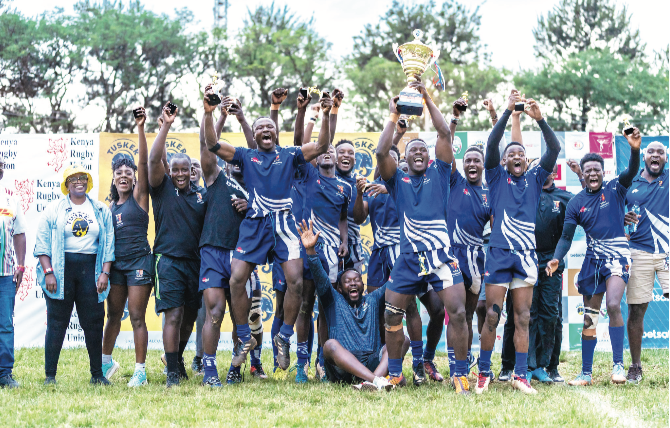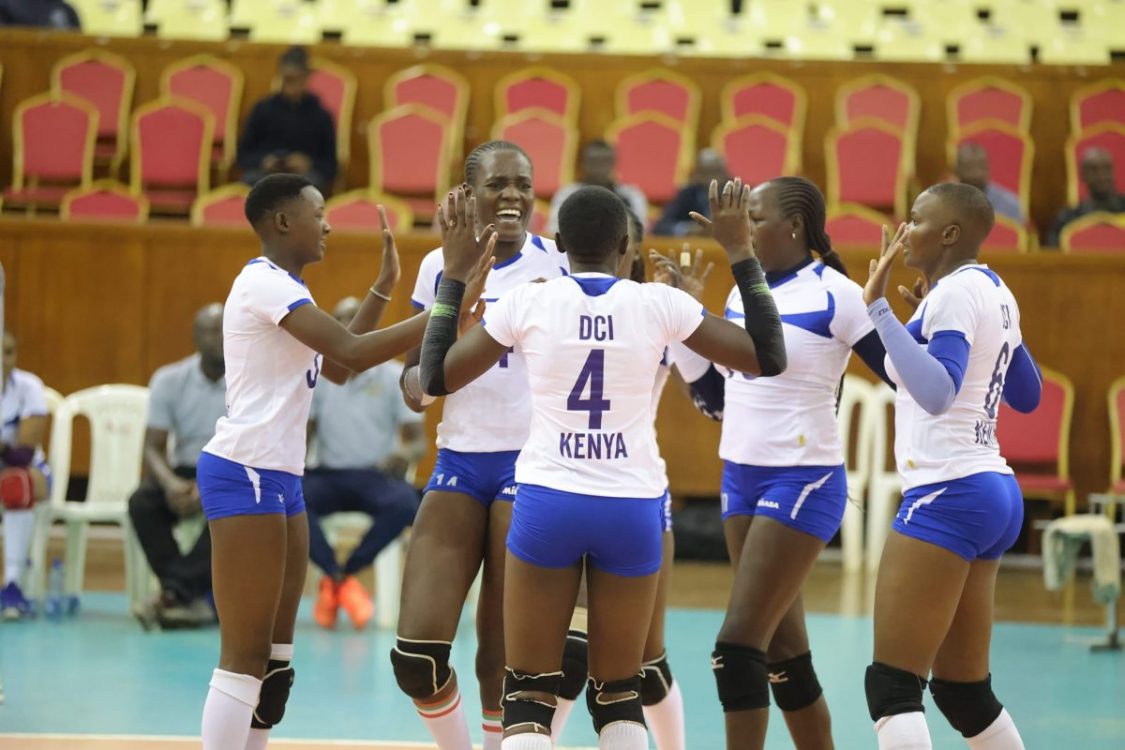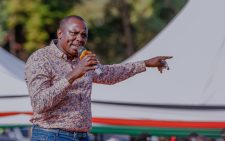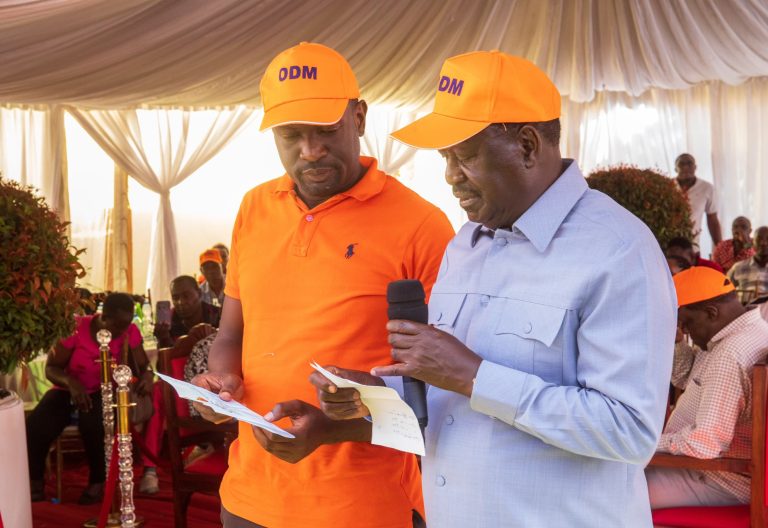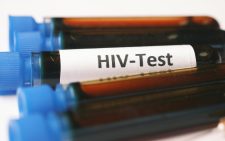Opinion polls, IEBC signal likely winner of polls
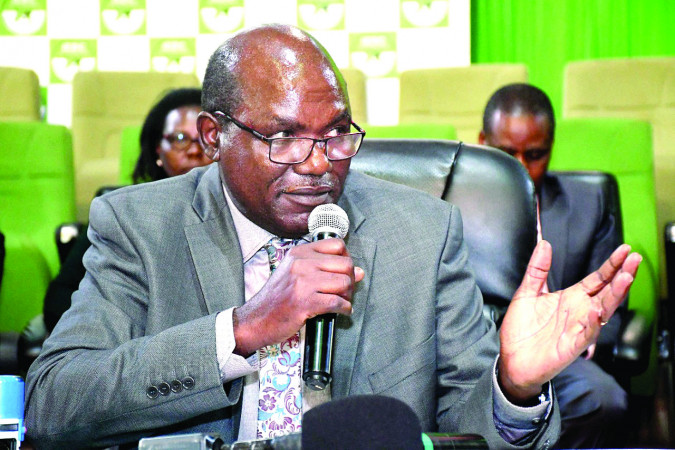
Kenyans are watching with great anxiety as the main contenders engage in a heated contest with only three weeks to the General-Election.
Long before the Independent Electoral and Boundaries Commission (IEBC) blew the whistle, the leading candidates had already put in place strategies and embarked on frenetic campaigns in the most fiercely contested presidential election in Kenya’s history.
The latest opinion polls indicate a transforming scenario in the political landscape and changing fortunes for Deputy President William Ruto of Kenya Kwanza and Azimio la Umoja One Kenya Alliance coalition party flag-bearer Raila Odinga.
Political analysts the world over concur that opinion polls are the closest to the most accurate method for collecting information about the people’s views or beliefs, and for gauging the popularity of candidates ahead of elections.
The predictability levels and accuracy of the outcomes of opinion polls are usually not far off the mark and Kenya is no exception to this method of estimating election outcomes adopted with near precision in advanced democracies.
For a long time, Ruto, who started campaigning for the top seat after President Uhuru was sworn in for the second term in 2017 led in the opinion polls conducted from late last year. That is until the Tifa poll of early May that showed Raila had overtaken him – 39 percent to 35 per cent.
Since then, subsequent polls by Tifa, Infotrak and media houses indicate the trend has been maintained, survey sampling and margin of error notwithstanding. At this stage of the campaign, barring dramatic factors, the trend is unlikely to change.
This is what happened in the US when Joe Biden overtook Donald Trump in opinion polls just months before the controversial presidential election.
A critical lesson from past opinion polls is that other than political strategy, demographics, image and messaging determine the election-winning formula in Kenya’s complex politics camouflaged in the contradictions of ethnicity and political machinations.
The IEBC is reminded of its constitutional oath to conduct and deliver free, fair, transparent and credible elections that lead to a political outcome that satisfies all Kenyans and restores their faith in the commission.
IEBC suffers from a serious credibility gap due to its past record highlighted by the Supreme Court ruling of September 2017 that identified flaws relating to the voter register and the transmission of results from polling stations.
Ruto has dismissed the recent opinion poll results for the obvious reason that they do not favour his chances. However, he may be advised to not blame the opinion polls but reflect on his campaign strategy, image, messaging and personal temperament.
Instead of focusing on promoting his agenda, an agitated Ruto seems to be wasting precious time sustaining relentless criticism of adversaries and President Uhuru Kenyatta, a tactic that has been turned against him.
The cocky side of the DP is portrayed as arrogant and vindictive, clashing with the pious image he tries to project. His rival Raila has adopted a more embracing approach helped by his “Baba” trademark and the strategic choice of Martha Karua as running mate.
Ruto’s public remarks and obsession with denigrating adversaries and government have raised questions in the minds of the public and played into his opponents’ hands, indirectly contributing to the declining opinion poll numbers.
Should the trend continue, and the IEBC conducts a free, fair and transparent election, it may not be very difficult to predict the outcome.
— The writer comments on political and social justice affairs
– albertoleny@gmail.com
